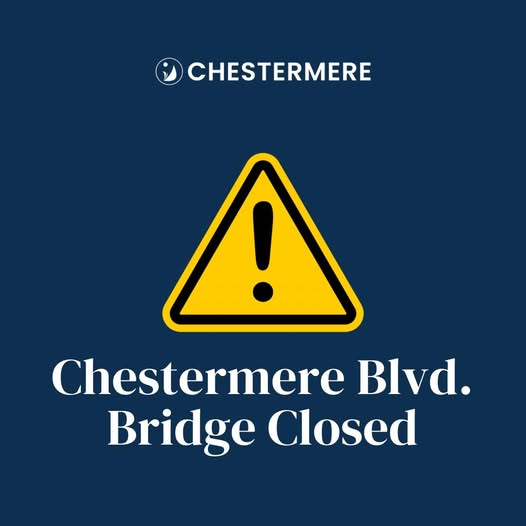Chestermere City Council passed the Voter Identification Bylaw which outlines three options for residents to provide proof of their identify in the Oct. 18 municipal election.
The Voter Identification Bylaw expands the identification options available to ensure all voters can participate in the process.
“It is our goal to make sure that every vote counts in this upcoming election and that no eligible voter is turned away at a polling station,” said Returning Officer Noshy Karbani.
Adding, “Formalizing and clearly communicating our voter identification requirements will help us to maintain a fair election and greatly reduce the possibility of voter fraud.”
The province provides the standard requirements for voter identification, but the Local Authorities Election Act allows for municipal councils to pass a Voter Identification Bylaw that outlines the number and types of identification required by voters in order to verify their name and address.
Electors now have three options to provide proof of their identity.
With the first option, electors can provide one piece of government-issued photo identification which contains a photograph of the elector and the elector’s legal name and current address, such as a driver’s license.
If photo identification is not available, an elector can provide two pieces of identification that contain their name, with at least one containing the elector’s current address.
Residents can use a Canadian passport, Canadian citizenship card, bank or credit card, bank or credit card statement, personal cheque, government cheque, cheque stub, income or property tax assessment notice, insurance policy, letter from a public curator, public guardian or public trustee, pension plan statement of benefits, residential lease or mortgage statement, government benefits statement, utility bill, vehicle ownership or registration, Alberta Health Services card, hospital or medical identification card, Canadian blood services card, student identification card, or employee identification card.
Electors can also provide a letter of verification that confirms their legal name and current address.
The letter can be signed by a representative of a commercial property management company, representative of a correctional institution, representative of a First Nations band or reserve, representative of a post-secondary institution, representative of a facility that provides services to the homeless, authorized representative of a supportive living facility or treatment centre, or representative of the person’s employer.
“Should a resident arrive at the voting station without any of the accepted identification options, they can also have an eligible elector vouch for them. This would likely be very helpful for those younger, first-time voters who can now have their parents vouch for them if they do not yet have a valid ID,” Karbani said.
Before being given a ballot, electors must show identification and complete a Form 13 that indicates their full name and address.
As part of the voting process, electors must sign a legal affidavit that they are eligible to vote and have not voted before in the current election.
It is a criminal offense to sign a false affidavit and voter fraud is liable to a fine of not more than $10,000 or to imprisonment for not more than six months or to both fine and imprisonment.
For upcoming municipal election details, including registered candidates, and candidate information, visit chestermere.ca/election.







